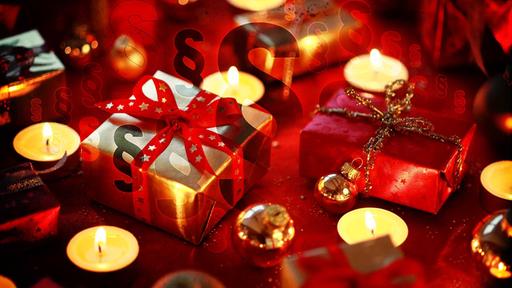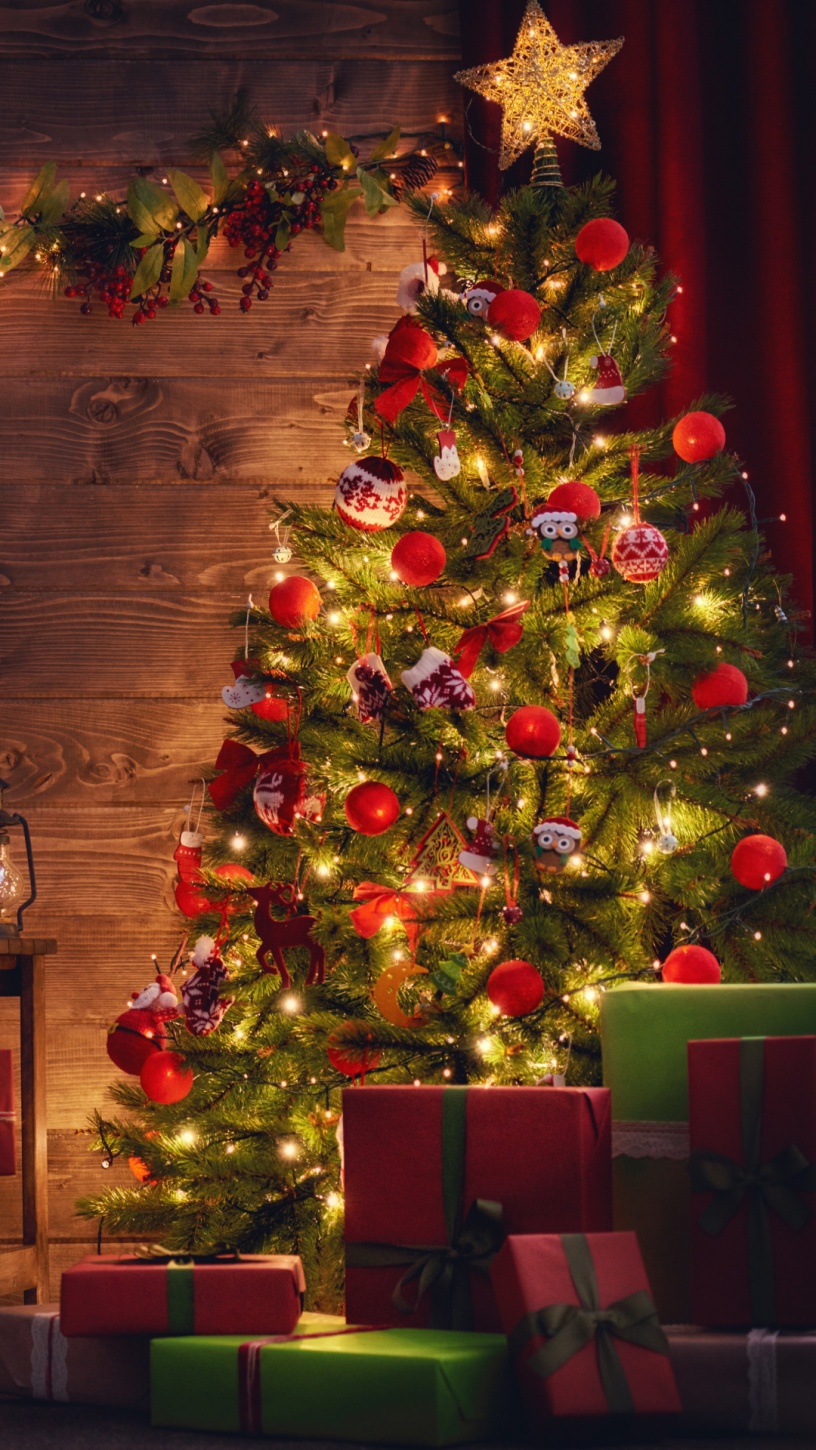Weihnachten
German[edit]

Weihnachten is a German word for what is commonly known as Christmas Eve in English speaking countries. Weihnachten is the term used in German-speaking countries like Germany, Switzerland, and Austria. All the preparations leading to Christmas are referred to as Weihnachten but the main day, the 25th of December, bears the heaviest weight. English Translation of “weihnachten” The official Collins German-English Dictionary online. Over 100,000 English translations of German words and phrases. Learn the translation for ‘Frohe Weihnachten!’ in LEO’s English ⇔ German dictionary. With noun/verb tables for the different cases and tenses links to audio pronunciation and relevant forum discussions free vocabulary trainer.
Alternative forms[edit]
- Weihnachtf(literary, poetic)
Etymology[edit]
From Middle High Germanwīhenahten(“Christmas”), from a dative plural (“in the holy nights”). Compare modern weihen(“to hallow”) and Nacht.
The oldest form (1170) is a singular diu wīhe naht (“the Holy Night”); the somewhat later plural is used to refer to the Christmas days and nights collectively. A relation with earlier heathen festivals is not endorsed by the etymological standard sources, though the possibility is admitted.
Pronunciation[edit]
- IPA(key): /ˈvaɪ̯ˌnaxtən/, [ˈväɪ̯ˌnäχtən], [ˈʋäɪ̯-], [-ˌnäχtn̩]
audio
Noun[edit]
Weihnachtenn (genitiveWeihnachtenorWeihnachtens, pluralWeihnachten)
Weihnachtenpl
- Christmas
- frohe Weihnachten! (fröhliche Weihnachten!) ― merry Christmas!
- WirwünschenIhnen frohe Weihnachten und ein gutesneuesJahr! ― (formal) We wish you a Merry Christmas and a Happy New Year!
- 2016, Miriam Malik, Ein Drache zu Weihnachten und andere Weihnachtsgeschichten, story Ein Löwe zu Weihnachten:
- Drei Weihnachten, zwei Ostern und Fasching sowie unzählige Kindergeburtstage hatte ich bereits überstanden.
- I already endured three Christmases, two Easters and carnival as well as countless child's birthdays.
Usage notes[edit]
- In the German-speaking countries, Weihnachten includes the 25th as well as the 26th of December and usually also the evening of the 24th (from circa 6 p.m.). The inclusion of the morning and afternoon of the 24th is informal and sometimes frowned upon.
- Weihnachten is originally a plurale tantum with the singular meaning Christmas. This is still invariably used in wishes: Frohe, gesegnete, schöne, ... Weihnachten! Otherwise, the word is most often treated as a neuter singular: Weihnachten ist ein christliches Fest. (“Christmas is a Christian holiday.”) Particularly in Austria and Switzerland, the plurale tantum may alternatively be used, then requiring the definite article: Die Weihnachten sind ein christliches Fest. The neuter singular also has a true plural referring to Christmases in different years: Die letzten drei Weihnachten war er krank. (“He was sick for the past three Christmases.”)
Declension[edit]
neuter noun with singular and plural:
| singular | plural | ||||
|---|---|---|---|---|---|
| indef. | def. | noun | def. | noun | |
| nominative | ein | das | Weihnachten | die | Weihnachten |
| genitive | eines | des | Weihnachtens, Weihnachten | der | Weihnachten |
| dative | einem | dem | Weihnachten | den | Weihnachten |
| accusative | ein | das | Weihnachten | die | Weihnachten |
Derived terms[edit]
Related terms[edit]

See also[edit]
Further reading[edit]
- “Weihnachten” in Duden online
- Weihnachten in DWDS
Christmas Day is a public holiday in Germany on December 25. Many people spend the day with their family. Large meals with traditional foods are served and Christmas decorations are displayed. German Christmas decorations include nutcrackers, Christmas pyramids, and cribs.
Is Christmas Day a Public Holiday?
Christmas Day is a public holiday. It is a day off for the general population, and schools and most businesses are closed.
Weihnachten.de
In 2021, it falls on a Saturday, and some businesses may choose to follow Saturday opening hours.
What Do People Do?
People generally spend Christmas Day with family members or close friends. Some attend church services and many sing traditional Christmas carols. A large meal is traditionally eaten in the afternoon or early evening. Typical dishes include:
- Roast goose or duck stuffed with apples, chestnuts, onions or prunes.
- Red cabbage with onions and apple.
- Boiled potatoes.
- Dumplings.
People also eat turkey, beef, venison or wild boar in some parts of Germany.
Public Life
Christmas Day is a public holiday in Germany. Post offices, banks, stores and businesses are closed. However, stores in some tourist areas may be open and stores at railway stations, airports and along highways are usually open.
There are some restrictions on selling alcohol, public performances and dancing. Public transport services may run as usual, at a reduced service or no service depending on where one lives or intends to travel.
Symbols
Traditional Christmas decorations include:

- Christmas trees.
- Small candles or electric lights.
- Wooden nutcrackers.
- Incense burners in various shapes.
- Cribs with figures representing Mary, Joseph, Jesus, the shepherds and the three wise men.
- Gingerbread houses decorated with sweets.
- Christmas pyramids (three-dimensional scenes that are turned by a fan driven by candle heat).
Schwibbogen (decorative arc-shaped candle holders) are displayed in the Ore Mountains in Saxony. Each candle holder is made of a single piece of wood or metal and holds more candles on top of an arc. The arc is filled with figures to create a scene. Some scenes represent aspects of the Christmas story, while others display local traditions or events.
Sweet snacks are popular at Christmas. Traditional treats include: Plätzchen (flat biscuits covered in sugar frosting); Lebkuchen (gingerbread); Pfeffernüsse (gingerbread covered in sugar frosting and small candies); Stollen (a rich bread filled with dried fruit and a marzipan roll); and Spekulatius (small cookies flavored with cinnamon, nutmeg and other spices).
About Christmas Day in Other Countries
Read more about Christmas Day.| Year | Weekday | Date | Name | Holiday Type |
|---|---|---|---|---|
| 2016 | Sun | 25 Dec | Christmas Day | National holiday, Christian |
| 2017 | Mon | 25 Dec | Christmas Day | National holiday, Christian |
| 2018 | Tue | 25 Dec | Christmas Day | National holiday, Christian |
| 2019 | Wed | 25 Dec | Christmas Day | National holiday, Christian |
| 2020 | Fri | 25 Dec | Christmas Day | National holiday, Christian |
| 2021 | Sat | 25 Dec | Christmas Day | National holiday, Christian |
| 2022 | Sun | 25 Dec | Christmas Day | National holiday, Christian |
| 2023 | Mon | 25 Dec | Christmas Day | National holiday, Christian |
| 2024 | Wed | 25 Dec | Christmas Day | National holiday, Christian |
| 2025 | Thu | 25 Dec | Christmas Day | National holiday, Christian |
| 2026 | Fri | 25 Dec | Christmas Day | National holiday, Christian |
Weihnachten In German
We diligently research and continuously update our holiday dates and information. If you find a mistake, please let us know.